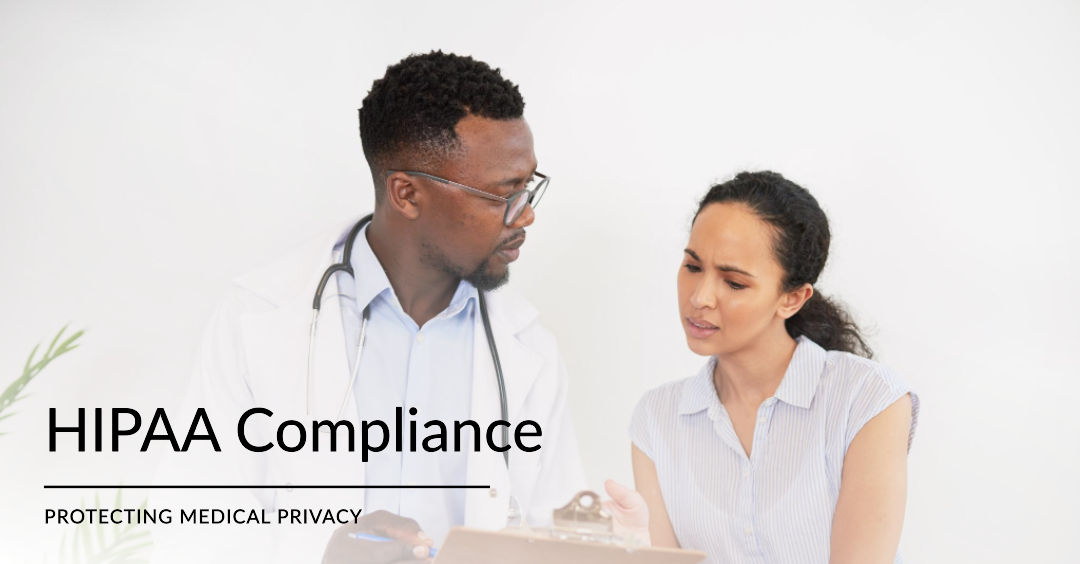Table of Contents
ToggleKey Takeaways
- HIPAA Defined: U.S. legislation from 1996, HIPAA ensures healthcare coverage and patient data confidentiality, affecting both domestic and some foreign companies.
- Global Impact of HIPAA: Despite being U.S.-centric, HIPAA’s standards resonate globally, serving as a data protection benchmark and selling point for telehealth businesses.
- Other Global Regulations: Besides HIPAA, there’s the EU’s GDPR, Canada’s PHIPA, and Australia’s HPPs, all significant in global healthcare data privacy.
The realm of healthcare is often fraught with nuances, many of which concern the privacy and protection of sensitive patient data. Among the many regulations worldwide that address this issue, the Health Insurance Portability and Accountability Act, better known as HIPAA, stands out. But is HIPAA exclusively a U.S. standard, or does it hold relevance elsewhere in the world? Let’s delve into this topic.
What is HIPAA?
HIPAA is a U.S. legislation enacted in 1996, which has two main purposes:
Portability: It was designed to ensure health care coverage for individuals moving between jobs. Before HIPAA, there was a potential risk that changing employment could mean a loss of health coverage, especially if the individual had pre-existing conditions.
Accountability: This is the part of the Act most people are familiar with. It aims to safeguard the privacy and security of patient information. The Act establishes a framework for healthcare providers and associated businesses to maintain the confidentiality of personal health information (PHI).
Is HIPAA Exclusive to the U.S.?
In a direct sense, yes. HIPAA is a U.S.-specific regulation that applies to:
Covered Entities (CEs): This includes healthcare providers, health plans, and healthcare clearinghouses.
Business Associates (BAs): These are entities that handle or process PHI on behalf of a CE, like a billing service or a cloud provider.
Even if a company is based outside the U.S., if they handle, process, or store PHI for any U.S. patients or U.S.-based healthcare entities, they must comply with HIPAA regulations.
Global Relevance of HIPAA
Even though HIPAA is a U.S. law, its implications are global, especially in our interconnected world:
Global Businesses: Many global companies that operate in the healthcare sector in the U.S. need to comply with HIPAA for their U.S. operations. This often means they adopt similar data protection standards globally to maintain consistency.
Benchmark Standard: HIPAA is often viewed as a rigorous standard for data protection. Even in regions where HIPAA doesn’t apply, companies might adhere to its guidelines as a mark of excellence and trustworthiness in data protection.
Interconnected Healthcare: With telemedicine, online health consultations, and digital health records, there’s an increasing need for data protection standards that are globally recognized. While countries have their own privacy regulations (like the GDPR in Europe), being HIPAA-compliant can be a selling point for companies looking to cater to U.S. patients or collaborate with U.S. healthcare providers.
Other International Healthcare Privacy Regulations
It’s worth noting that while HIPAA is prominent, it’s not the only player in the field of healthcare data protection:
General Data Protection Regulation (GDPR): This European Union regulation covers all personal data, including health data, and has stringent requirements around consent and transparency.
Personal Health Information Protection Act (PHIPA): A Canadian regulation focusing on personal health data in the province of Ontario.
Health Privacy Principles (HPPs) in Australia: Sets out the requirements for the handling of health information.
In conclusion, while HIPAA is a U.S.-centric regulation, its influence and the principles it stands for resonate worldwide. Whether a healthcare provider or associated business is directly bound by HIPAA or not, understanding its tenets is beneficial for any entity that touches upon the sensitive domain of health data. In a world where data breaches can have profound consequences, having international standards that safeguard patient trust and privacy is invaluable.
MarkiTech has various subsidiaries with products and services targeted towards digital healthcare and telehealth/telemedicine and virtual clinic with laser focus on helping seniors age in place and help their caregivers.
Sensights.ai is a company focused on remote patient monitoring and aging solutions, which utilizes artificial intelligence to track the health of patients and keep a round-the-clock connection between caregivers and patients.
As well, Veyetals uses rPPG and AI modeling algorithms to capture the light reflected by the blood vessels under a patient’s skin to measure vitals anytime, anywhere.
Lastly, we are now launched our latest Mental Health AI Scribe tool called CliniScripts.com



Recent Comments